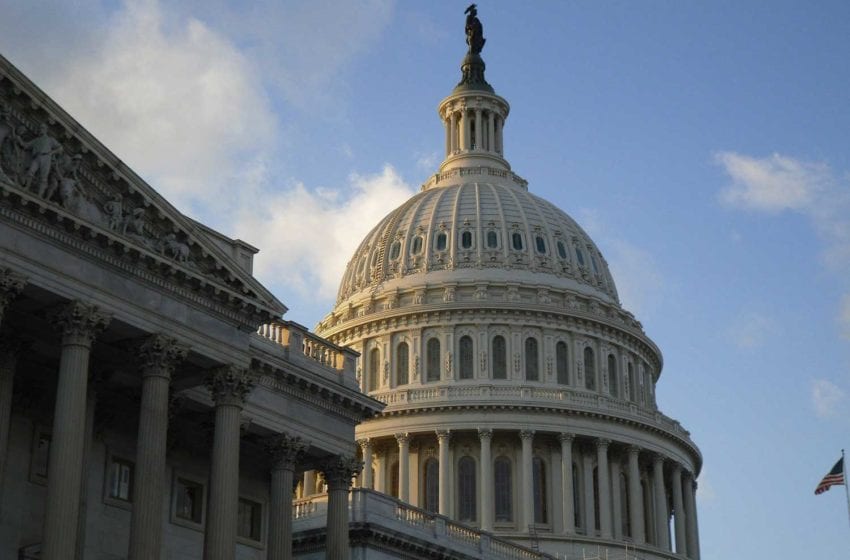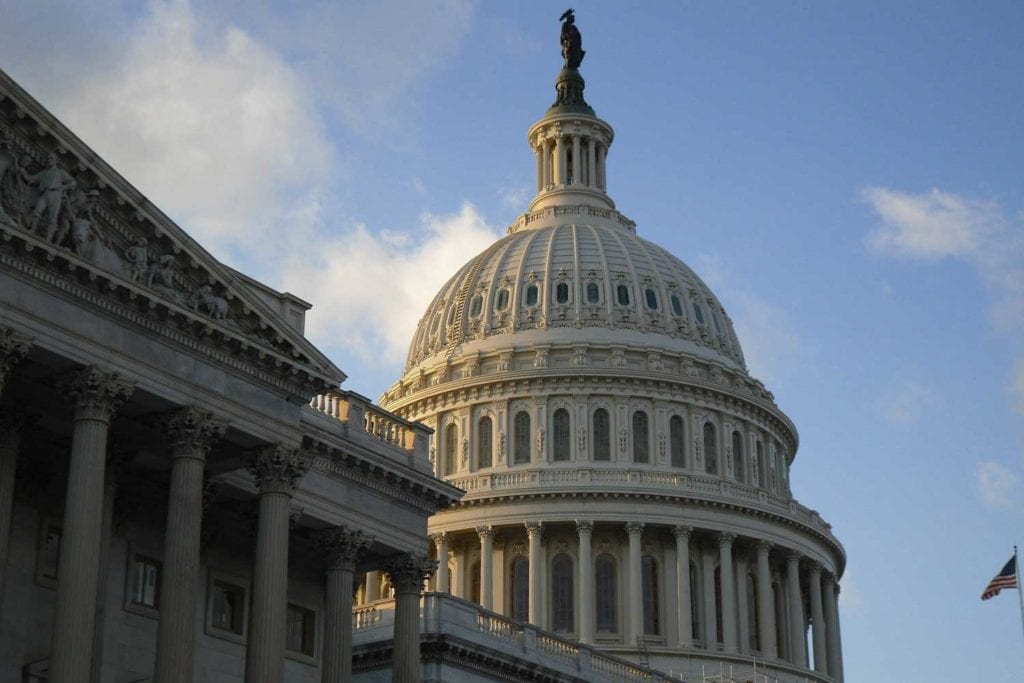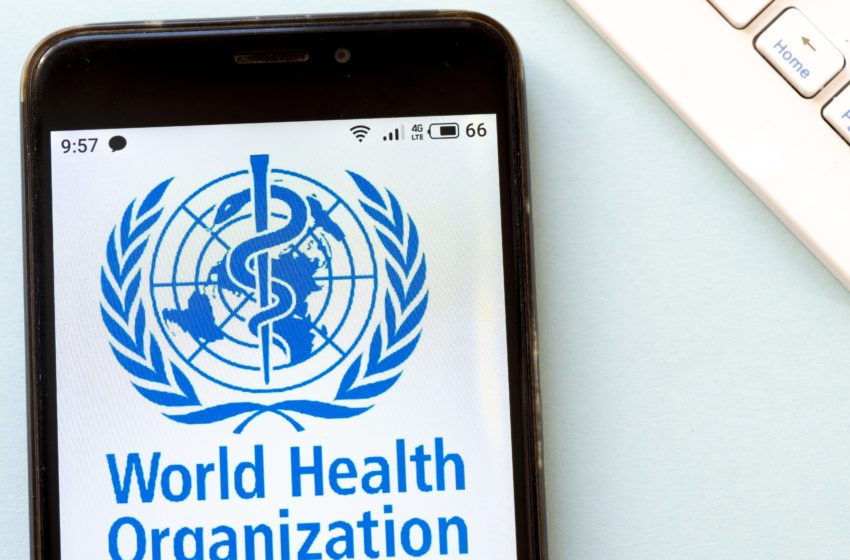
Knowledge Action Change (KAC) has released a briefing paper on the rapid fall in cigarette sales in Japan following the introduction of heated-tobacco products (HTP).
Titled “Cigarette Sales Halved: Heated-Tobacco Products and the Japanese Experience,” the paper explores some of the social and cultural factors that have made Japan particularly suited to HTP and provides a case study showcasing the potential of tobacco harm reduction through the adoption of safer nicotine products.
As well as referencing a number of peer-reviewed science papers, the briefing paper, available in 12 languages, also includes some new Global State of Tobacco Harm Reduction research, which compares up-to-date sales figures that emphasize the changing nature of cigarette and HTP consumption.
According to KAC, the success of HTP in Japan offers significant hope of their potential to reduce cigarette sales in other similar countries.
“The speed and scale of the change in Japan shows just how quickly things can improve when those people already consuming nicotine are given access to a safer alternative,” said KAC Director David MacKintosh in a statement.
“This is not the result of a specific government policy or initiative, yet the benefits to individuals and society are significant. There are lessons to be learnt from Japan by all those who wish to see the use of combustible tobacco consigned to the history books. Harm reduction is about giving people the opportunity to improve their own health and the health of those around them. Given the chance, most people will do just that.”




















